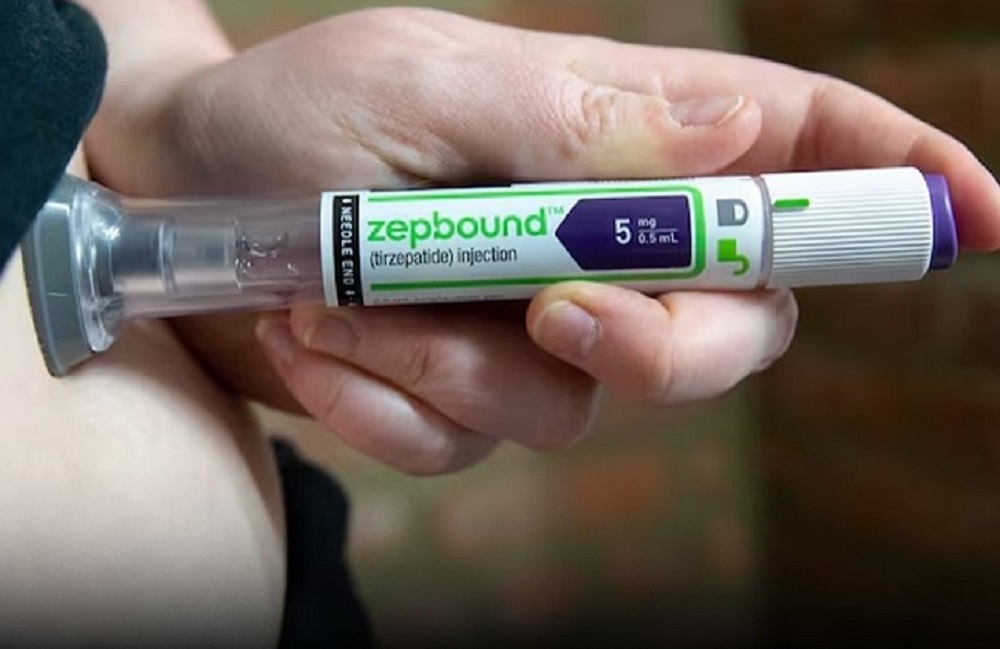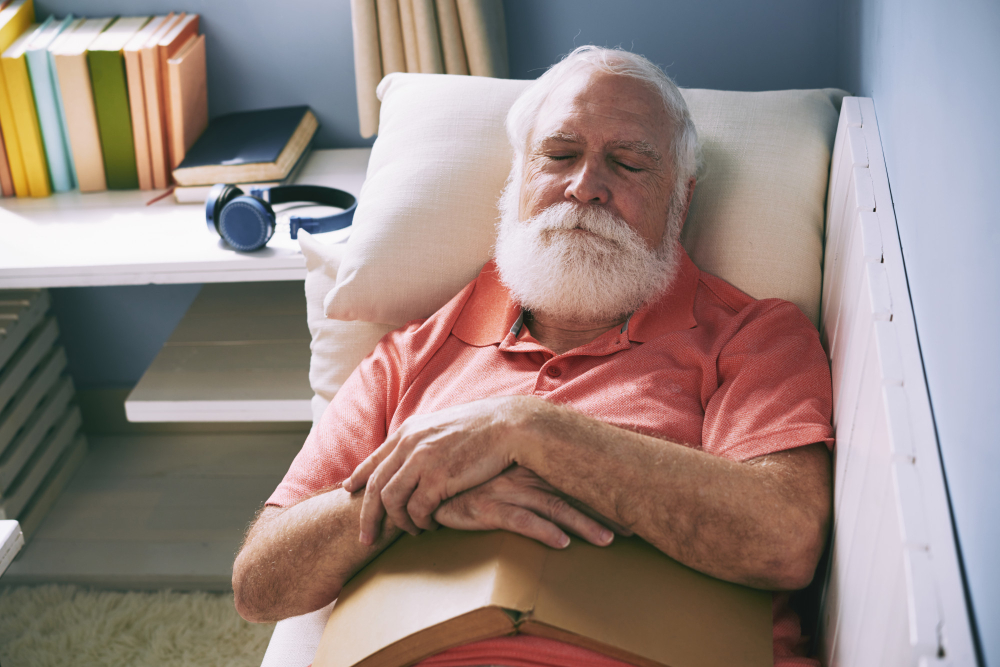Cancer risk climbs with alcohol - even light drinking. That is the loud and clear warning from U.S. Surgeon General Dr. Vivek Murthy. On Friday, he issued a rare public health advisory urging Americans to rethink their drinking habits. His message? Alcohol is not as safe as many think. In fact, it is linked to thousands of cancer cases every year.
When the Surgeon General issues an advisory, itt is serious. Past advisories have changed how we see smoking, AIDS, and obesity. Now, alcohol joins that list. The goal: to correct long-held beliefs that alcohol - especially wine - might be good for your health. Turns out, that is outdated and misleading.
The Truth About Alcohol and Cancer
Cancer is the third-leading preventable cause of death tied to alcohol in the U.S., just behind smoking and obesity. That means it is avoidable. But most Americans don’t know this. According to the advisory, nearly 70% of adults drink alcohol, and less than half know about its cancer risks.

Magda / Pexels / Around 100,000 cancer cases and 20,000 cancer-related deaths every year are tied to alcohol.
That is more than the number of people who die in alcohol-related car crashes. Yet, when people think of alcohol dangers, car accidents usually come to mind - not cancer.
Why the Confusion?
Cancer experts say the confusion comes from older studies. In the past, some research hinted that moderate drinking, like a glass of red wine a day, might help heart health. But newer, stronger studies don’t back that up. In fact, recent data shows that even small amounts of alcohol may do more harm than good.
Dr. Brian P. Lee, a liver specialist who studies alcohol’s effects, says many of those old studies were flawed. They didn’t factor in other lifestyle habits, like diet, exercise, or tobacco use. Modern research corrects that. Now the science is clear: alcohol raises the risk of at least seven types of cancer, including breast, liver, and colorectal cancer.
There’s No Safe Type & No Safe Amount
Cancer risk goes up no matter what you drink: Beer, wine, or hard liquor. It also climbs the more you drink. But even light drinkers are not off the hook. New evidence shows there is no amount of alcohol that is completely safe when it comes to cancer.

USA Today / Alcohol damages DNA, weakens the body’s defense systems, and lowers important nutrients that help protect against cancer, like folate and B vitamins.
Breast cancer is a big concern for women. Just one drink a day can increase the risk. Same goes for cancers of the throat, liver, and esophagus.
However, alcohol doesn’t just work alone. It makes other cancer-causing agents more dangerous. It acts like a solvent. That means when you drink and smoke (or even use smokeless tobacco), alcohol helps pull more harmful chemicals from those products into your body. That speeds up the damage.
Labels Could Be the Next Step
To drive this message home, Dr. Murthy says alcohol bottles need better warning labels. Right now, many people don’t even think about alcohol as a health risk. A stronger label could change that. It has worked before - just look at cigarette packaging. Big warning signs made a big difference.
Better labeling would give people the info they need at the right moment—right when they are reaching for that bottle. It is a direct way to raise awareness, especially for folks who have not heard about the cancer link yet.
Even though science is stacking up against alcohol, public perception is slow to shift. Drinking is still seen as normal - even healthy in small doses. Social events, TV ads, and pop culture all glamorize it. But this advisory pushes back hard against those ideas.










